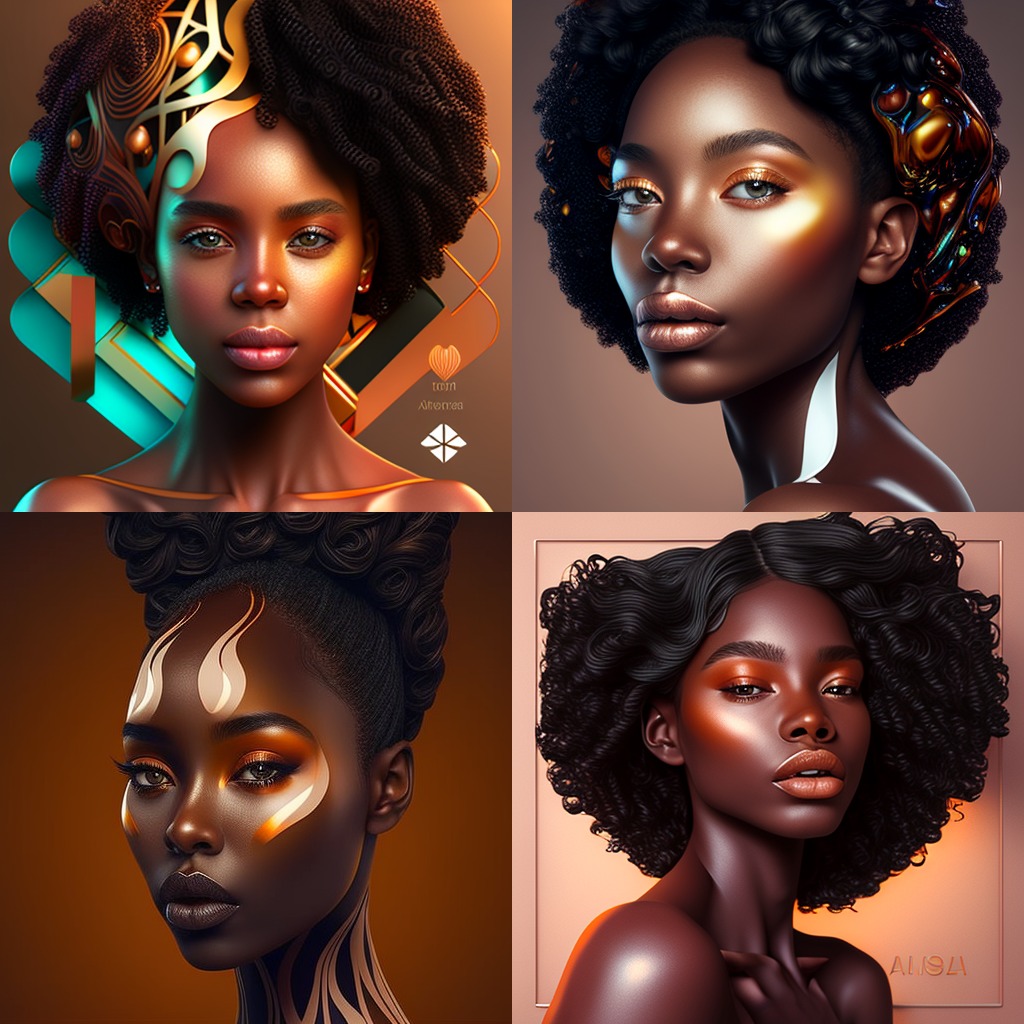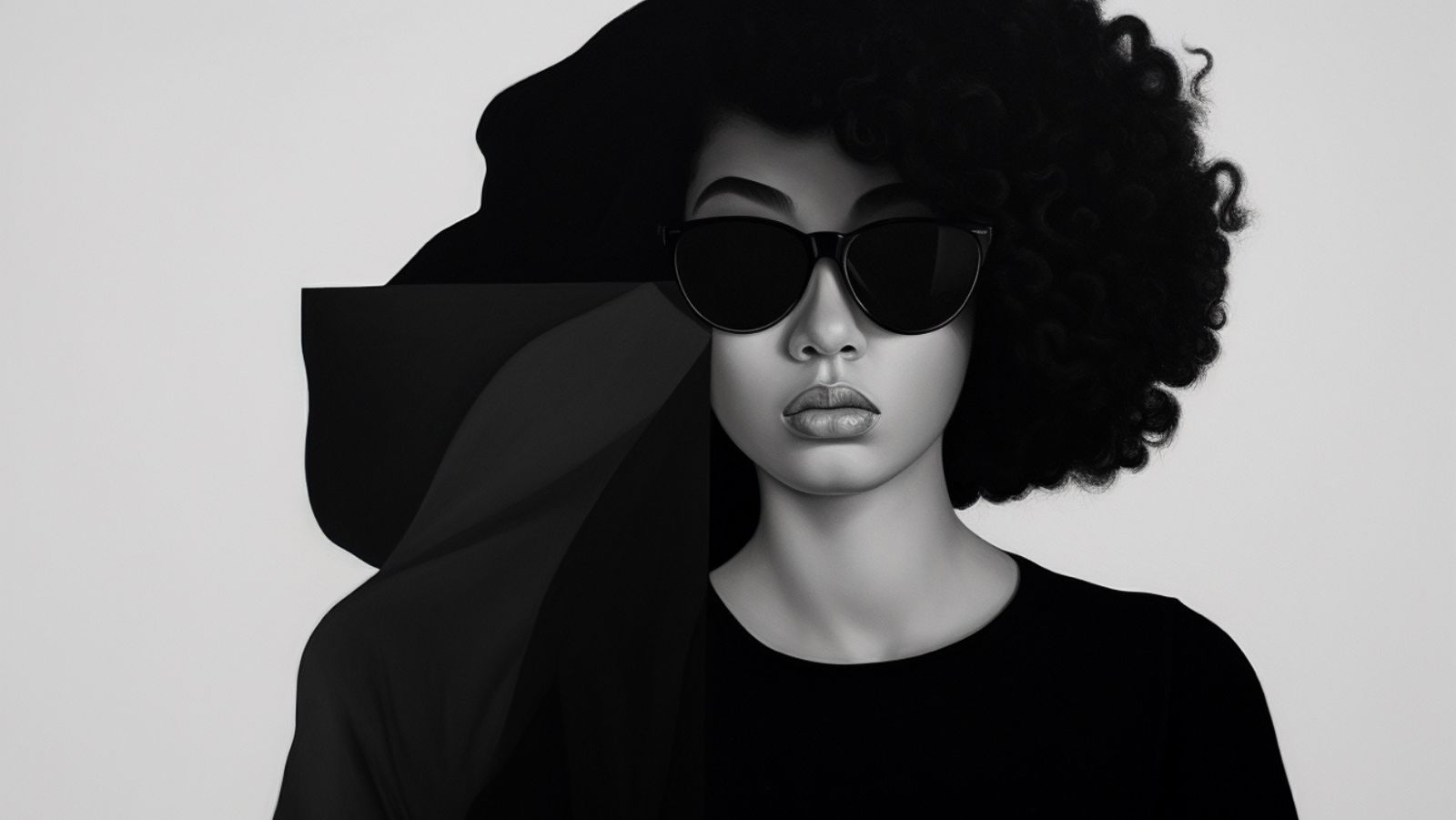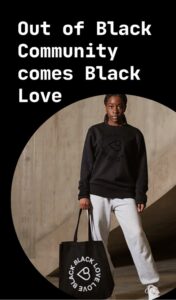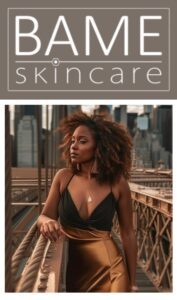HEALTH
Deadly Effects of Black Hair Products
“Here’s what to avoid in “natural” labels—and how protect black hair”
Black Wall St. MediaContributor
The beauty industry has long been a prominent part of our lives, with hair care products playing a significant role in personal grooming routines.
For black women, hair care is not only a matter of style but also a reflection of cultural heritage and self-expression.
However, beneath the glossy packaging and enticing promises of beauty, there is a hidden concern – hazardous chemicals present in black hair care products.
This article delves into the potential dangers of certain ingredients, highlights the importance of reading product labels, and provides tips to protect black hair while maintaining health and natural beauty.
Understanding the Risks:
Studies have revealed alarming links between the frequent use of certain hair care products and adverse health effects, particularly among black women.
Research suggests that black women who use lye-based hair relaxers at least seven times a year for 15 or more years have a 30% increased risk of breast cancer.
These findings emphasize the need for heightened awareness and caution when selecting and using hair care products.
Avoiding Harmful Ingredients:
To protect their health, black women should be vigilant about the ingredients in their hair care products.
One crucial step is to steer clear of products containing hazardous chemicals such as formaldehyde, phthalates, parabens, and sulfates.
Formaldehyde, a known carcinogen, is often present in hair straightening treatments and can have detrimental health effects when inhaled or absorbed through the scalp.
Phthalates and parabens, commonly found in shampoos and conditioners, have been linked to hormone disruption and potential reproductive system issues.
Sulfates, aggressive cleansing agents, can strip natural oils from the hair, leading to dryness and damage.
Reading Labels and Seeking Safer Alternatives:
When purchasing hair care products, black women should carefully read product labels and research unfamiliar ingredients.
Look for natural and organic alternatives that explicitly state the absence of harmful chemicals. Products labeled as “sulfate-free,” “paraben-free,” and “phthalate-free” can be good options.
Additionally, it is crucial to conduct thorough research on trusted brands that prioritize product safety and transparency.
Black-owned hair care brands have emerged, offering safer alternatives tailored specifically to the unique needs of black hair.

Embracing the Natural Hair Movement:
The natural hair movement has gained momentum in recent years, empowering black women to embrace and celebrate their natural hair textures.
By embracing natural hair, black women can reduce their reliance on chemical treatments and potentially harmful products.
This shift towards natural hair encourages self-acceptance, promotes healthier hair practices, and fosters a sense of pride in one’s heritage.
Protective Styling and Hair Care Practices:
In addition to selecting safer hair care products, implementing protective styling and adopting healthy hair care practices can contribute to the overall well-being of black hair.
Protective styles, such as braids, twists, and buns, can minimize hair manipulation and reduce the need for excessive product application.
Regular deep conditioning, moisturizing, and gentle detangling are essential to maintaining healthy hair.
It is also crucial to minimize heat styling and use heat protectant products when necessary.
Conclusion:
The natural hair movement is all about choice and self-love. It’s about reshaping the narrative of what “good hair” means and embracing our own definitions of beauty.
Natural black hair blogs like Afrobella, CurrlyNikki, Black Girl Long Hair, and Naptural85 have been instrumental in sharing knowledge and fostering a sense of community among black women on their hair journeys.
To help navigate the world of hair care products, we’ve compiled two lists.
The first features essential oils that are particularly beneficial for black hair, while the second highlights hazardous chemicals to avoid.
While it can be challenging to find brands completely free of harmful ingredients, some natural hair brands like Taliah Waajid, Jane Carter, Cantu, SheaMoisture, As I Am, and 3 Sisters of Nature prioritize organic, cruelty-free products with minimal or no harmful chemicals.
When choosing products, follow the five-ingredient rule: Pay close attention to the first five ingredients listed, as they make up the majority of the product.
It’s important to note that not all oils work for everyone, and part of the hair journey involves discovering what works best through trial and error.
Here are some healthy hair ingredients to look for:
- Aloe vera: Contains enzymes that heal scalp issues and stimulate hair growth.
- Avocado: Provides dermatological benefits for the scalp and lubricates hair strands, preventing breakage.
- Shea butter: Hydrates and protects hair strands.
- Castor oil: Cleanses the scalp, clears follicles, and promotes hair growth.
- Coconut oil: Hydrates and seals moisture around the hair follicle.
- Extra virgin olive oil: Hydrates and softens hair.
- Grapeseed oil: Conditions and moisturizes hair, fights dandruff, and contains healthy fatty acids.
- Honey: Acts as a humectant and has antifungal properties.
- Jojoba oil: Strengthens hair, repairs scalp dryness and inflammation.
Here are hazardous ingredients to avoid:
- “Fragrance” or “parfum”: Often a mixture of unknown chemicals.
- Calcium hydroxide
- Formaldehyde or methylene glycol: Also released by DMDM hydantoin, diazolidinyl urea, and imidazolididinyl urea.
- Lead acetate: Commonly found in hair dyes.
- Methylisothiazolinone
- Parabens: Look out for propylparaben, butylparaben, or methylparaben.
- Petroletum
- Retyinal palmitate
- Specific alcohols: Alcohol denat, ethanol, propanol, isopropyl, propyl, SD alcohol #4 (also known as wood alcohol).
- Sulfates
By being mindful of the ingredients in our hair care products and making informed choices, we can protect our hair and promote its natural beauty.
Embracing the natural hair movement means embracing ourselves, our culture, and our journey towards healthier hair.
“”
Black Wall St. MediaContributor














